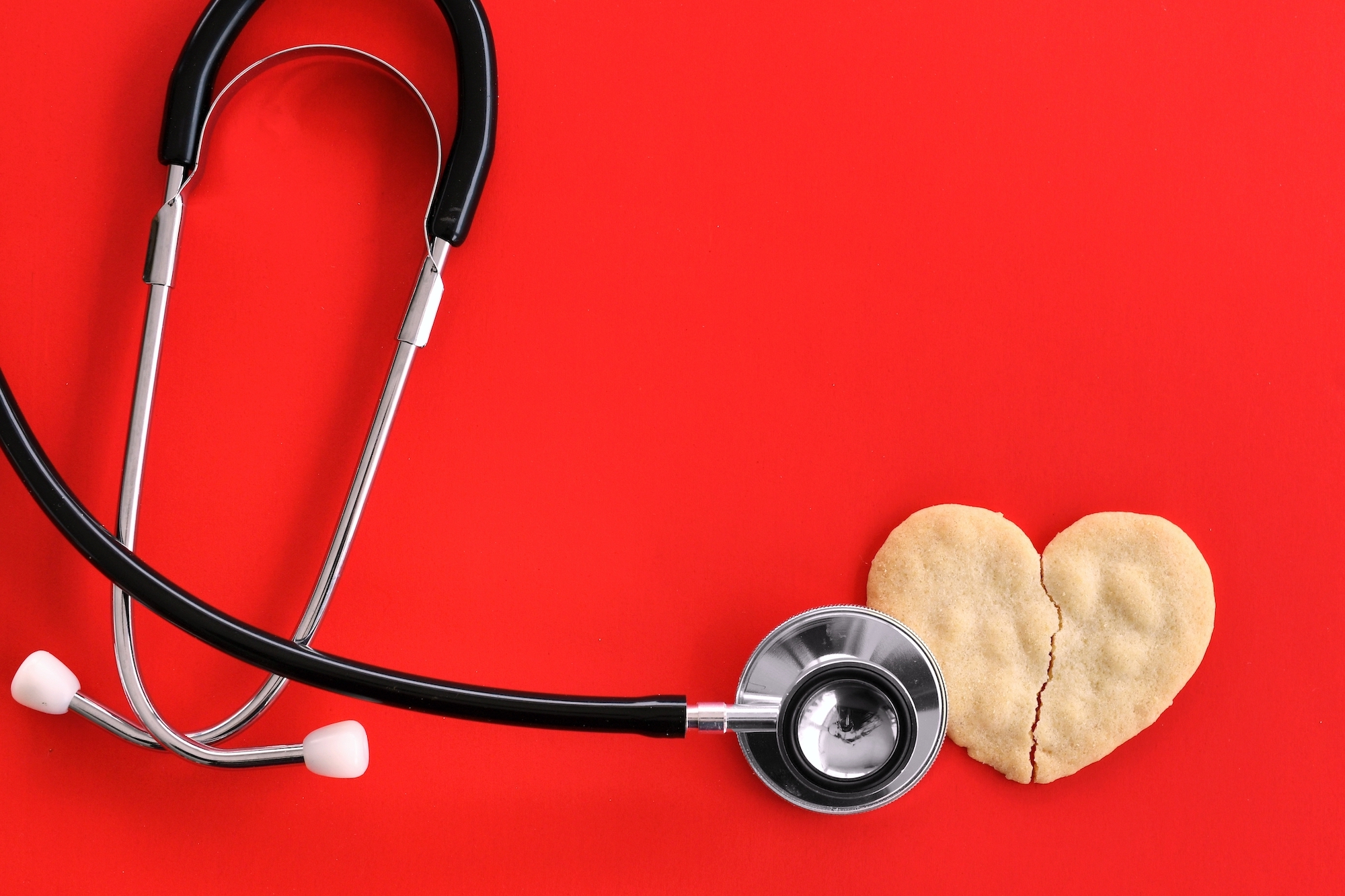
National Safety Month presents the opportunity to make your community, home, and workplace just a little bit safter, whether you choose to host a seminar on proper lifting techniques in the warehouse or run a fire drill with your family. No one likes to expect the worst, but National Safety Month encourages us to be prepared just in case. Among other reasons, getting your CPR certification (or getting re-certified) is one of the best ways to make sure you’re ready to react during an emergency.
Make a Difference in the Fight Against Heart Disease
Currently, heart disease is the leading cause of death in America. The term “heart disease” encompasses several conditions, including heart arrythmia, value disease, and coronary artery disease, which is both the most common type of heart disease and the leading cause of heart attacks. Heart attacks can also increase a person’s likelihood of sudden cardiac arrest.
In just a year, 475,000 Americans die from cardiac arrest. The majority—around 350,000—of those occur outside hospitals, where life-saving materials are readily available, and about 10,000 happen in the workplace. Despite those troubling statistics, only 15-30% of victims receive CPR. Getting your CPR certification ensures, no matter where you are, you’re ready to help a cardiac arrest victim.
React Quickly During an Emergency
CPR needs to be administered quickly to give the victim the best chance of survival and prevent brain damage. Just four to six minutes after blood flow stops, the brain begins to die; after seven minutes, there is irreversible damage to the brain.
Many people don’t learn CPR because they fear they’ll harm the victim or face legal action if they cause injury during CPR. However, doing something to attempt to save a victim’s life will always be better than doing nothing, and there are laws that protect well-intentioned bystanders from the legal ramifications of breaking a rib or the like during CPR.
During a cardiac emergency, 70% of Americans report feeling helpless—knowing CPR gives you the confidence and knowledge to react quickly.
You Could Save a Life
CPR saves lives. In fact, it can double, or even triple, a victim’s chance of survival. Of cardiac arrests that happen outside of hospitals, about 45% of victims survived when given CPR by a bystander. To put that into perspective with the previous statistics, that’s 157,000 survivors. Whether those are strangers, coworkers, or loved ones, CPR allows you to make a massive difference in the lives of those around you.
CPR Classes Are Easy and Fun
Learning CPR isn’t difficult—there are only a few steps, and they’re easy to remember. With Specialized Health and Safety Management, CPR, AED, and first aid classes can be taken in groups of any size, so round up your friends, family, or coworkers, and learn lifesaving skills in a fun, educational environment.
It is, however, important to keep the information you learn fresh in your mind; thankfully, there is no shortage of online resources which can help refresh your memory. In addition, you’ll need to renew your certification every two years. Specialized Health and Safety notifies you several weeks before your certification expires to ensure there’s no lapse.
Learning CPR is an easy way to make the world around you just a little bit safer for everyone. If you’re interested in getting CPR certified during this National Safety Month, learn more about Specialized Health and Safety’s CPR and first aid classes online and schedule today.

